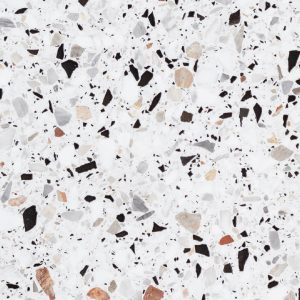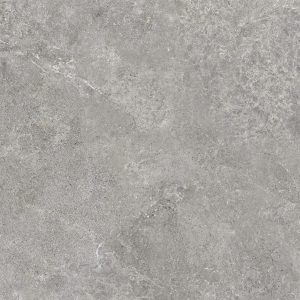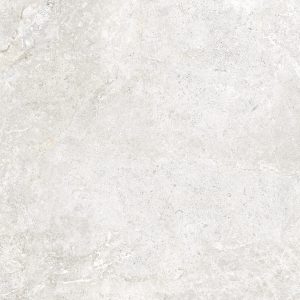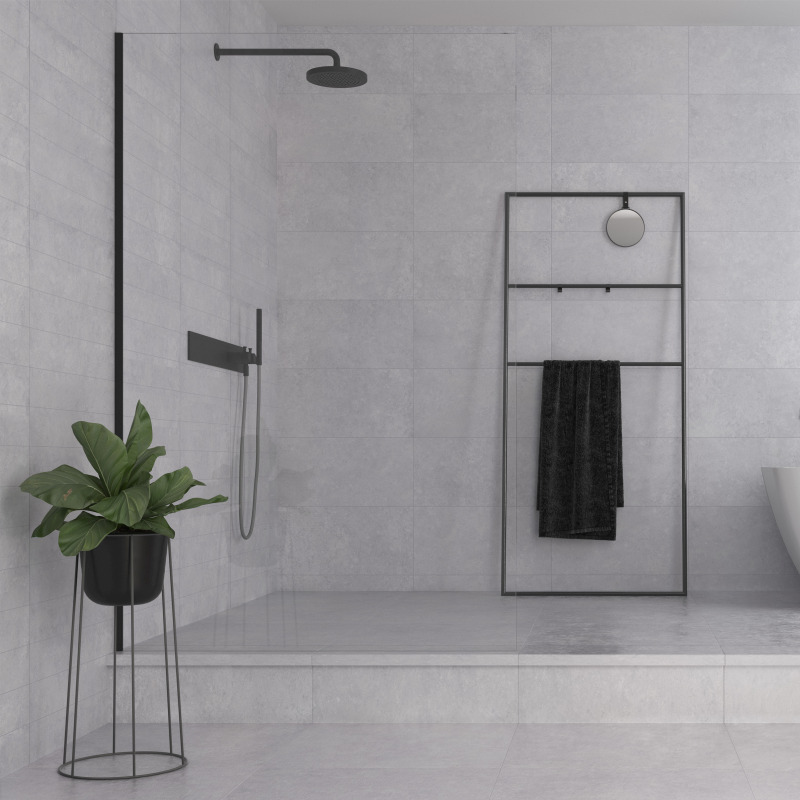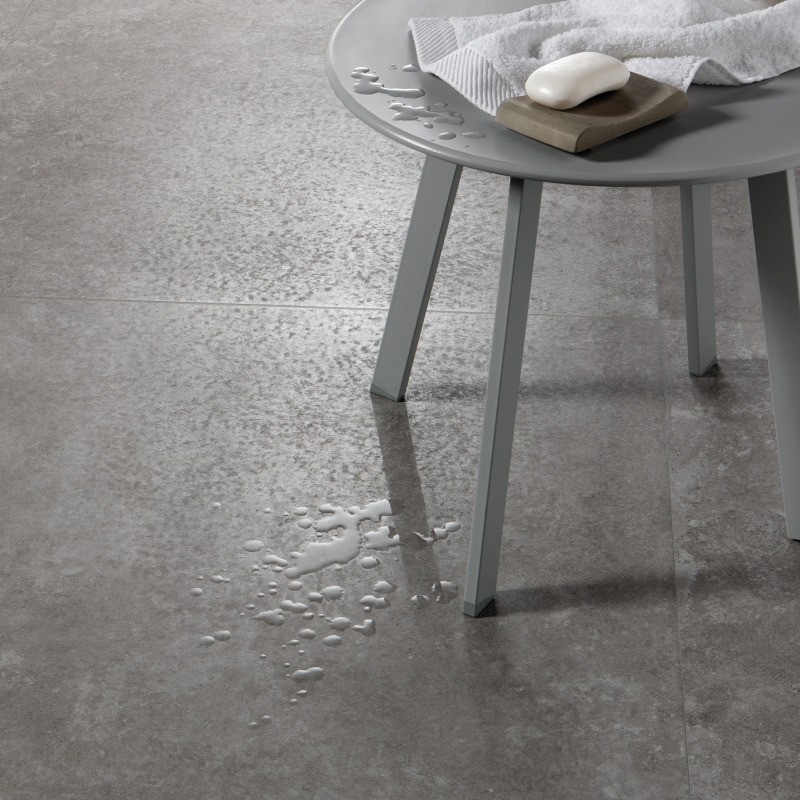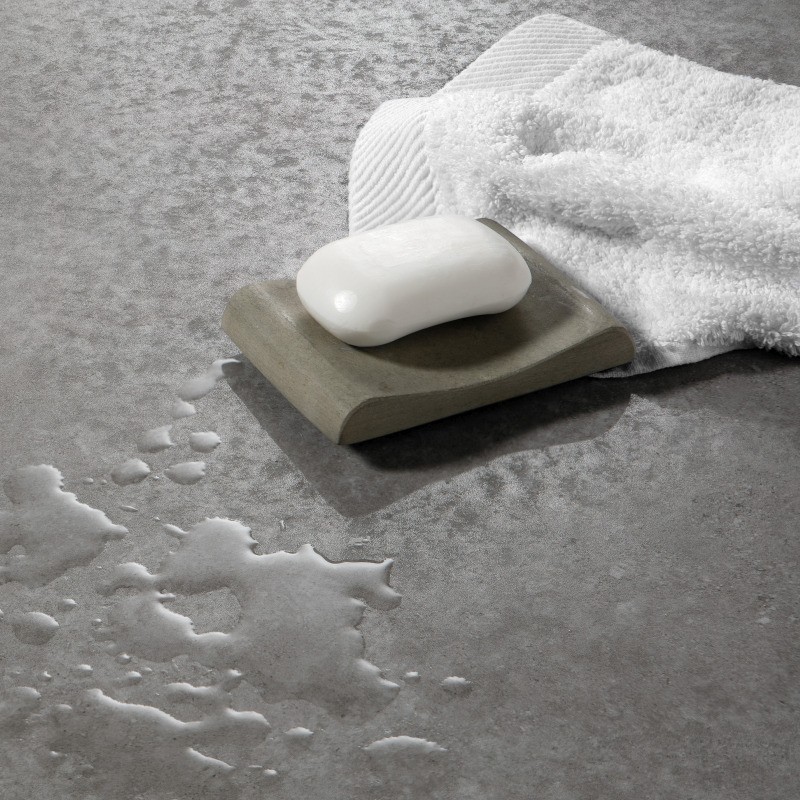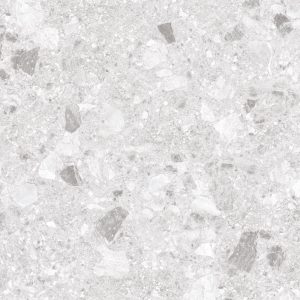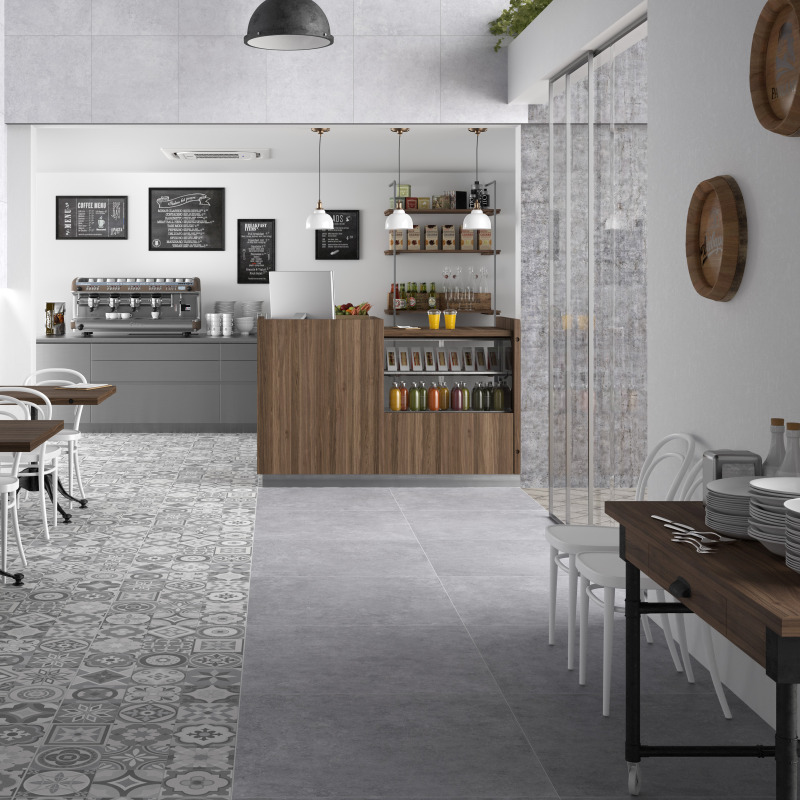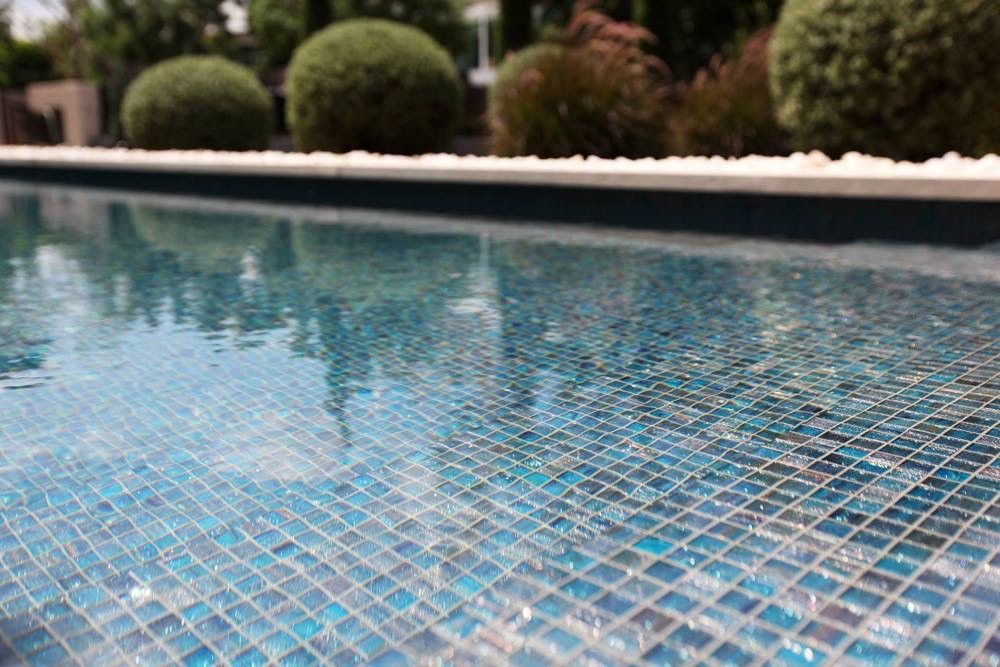
Are your pool tiles safe?
Perth’s Summer weather is here, which means lots of time spent outside, taking dips in the pool and afternoons lounging about on the outdoor tiles. Before the fun begins, it’s important to assess your swimming pool tiles, whether they be on your waterline, external to the pool or the entire shell of the swimming pool, and ensure they’re safe and ready for activities. If you have a pool it’s important to make sure the area is safe for all members of the family. Read further to learn about safe pool tiles and what to do if you need a repair.

Pool tile safety
Pool tiles not only make for an aesthetic centrepiece for your outdoor area, but they also provide an important protective base for your swimming enjoyment. When you’re playing Marco-Polo in the pool, you want to feel safe and easy moving around the pool rather than worried you’re going to be cut by a displaced pool tile.
Before the game of Marco-Polo begins, have a close look at your pool’s tiles to check whether there are any cracked or chipped tiles or any have fallen off completely. Depending on how the pool tiles were laid when you first put the tiles in, will greatly impact their longevity. If the pool tiles were installed by someone who’s not familiar with the correct laying process, there are lots of problems that can arise.
When considering the state of your pool tiles ask yourself the following questions:
- What surface were the pool tiles mounted on? If the substrate fails, cracks or deteriorates the pool tiles will inevitably fail, crack and deteriorate too.
- How were the pool tiles installed? Improper installation of the pool tiles will lead to breakage and deterioration. You want to make sure tiles are professionally installed.
- Can the water get behind the tiles? If the pool water can move behind the tiles, this is going to quickly see the tiles dropping off and slipping.
- What is the condition of the coping lip of the pool? This is the overhanging ‘lip’ that borders the edge of the pool. If your pool is made from concrete, this lip can fall and results in poor sealing or due to minimal expansion areas can put pressure on the pool tiles and cause them to fail.
- Have your coping stores delaminated? Delaminated coping stones around your pool will result in tile failure. The area around your pool is just as important as the pool tiles. You want a supportive base and board to hold your pool tiles.
Repairing loose tiles
If you’ve found any imperfections in your pool’s tiles you might want to consider repairs. We recommend reaching out to a professional who can help you with your pool tile damage. Although it can be tempting installing pool tiles yourself, there are many obstacles that only professionals are experienced with. For example, when pool tiles come off cleanly, many home handy persons are quick to apply new pool tiles to the previous substrate. However, the substrate (although might look perfectly fine) is an old layer that’s not suitable for tile application.
Here at Ceramic Tile Supplies Perth, we specialise in supplying tiles as well as connecting you with qualified and experienced tilers. If you’ve previously purchased pool tiles from us before you will know how thorough our services are. If you’re yet to work with our team here at Ceramic Tile Supplies Perth then we’re very happy to assist you with your current tile needs.
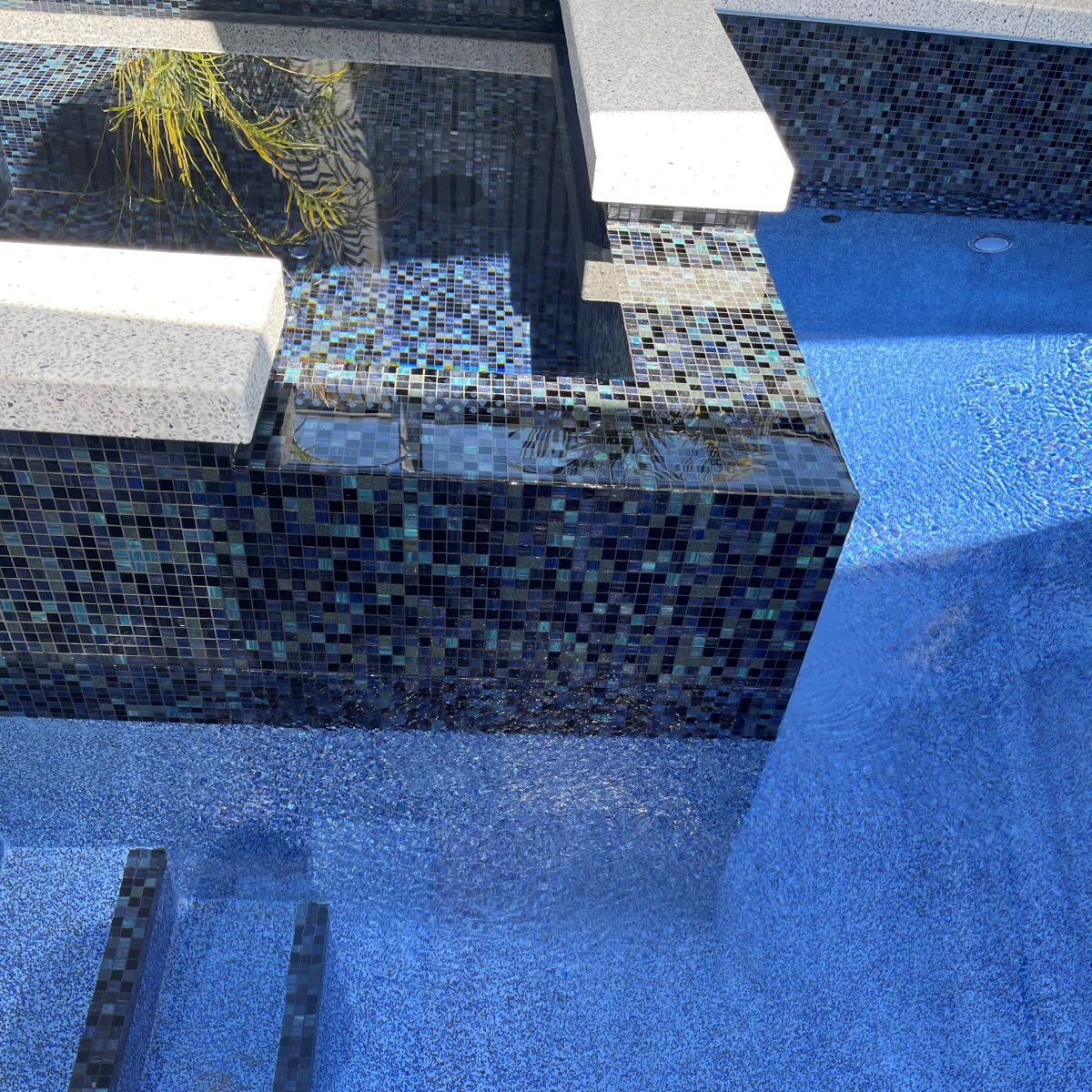
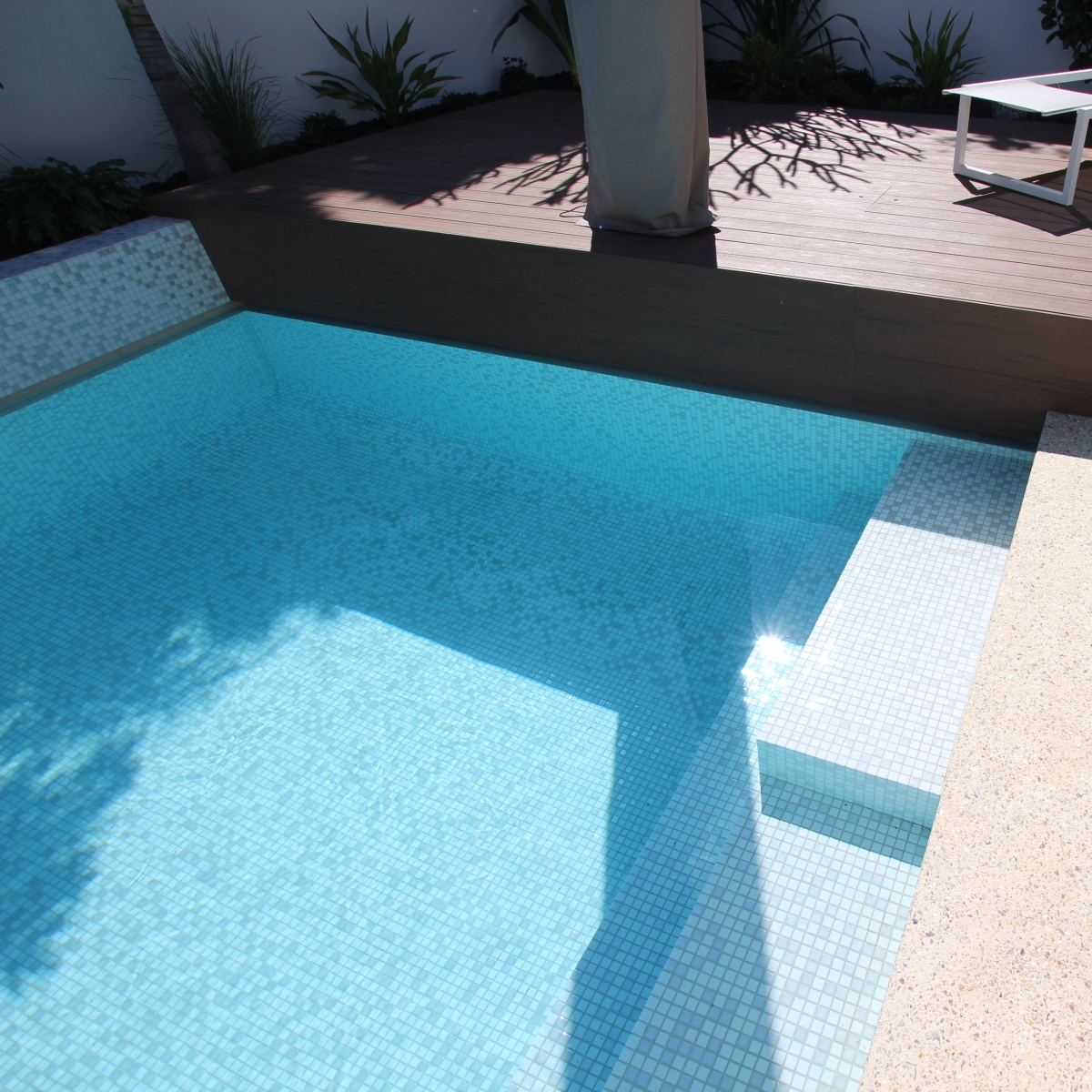
Preventing pool tile damage
The best way to prevent swimming pool tile damage is to have your pool tiles professionally installed from the beginning. Having high quality pool tiles installed by an experienced team, eliminates many issues that can arise in the future. Once the pool tiles have been installed incorrectly, it’s a challenge to revive the quality.
Not any tile can be used in a pool, swimming pool tiles can include glass natural stone, porcelain and low water absorption ceramic tiles. These tiles have the strength and durability to withstand pool water and general swimming activities.
Need to replace your pool tiles?
If you’ve discovered you need to replace your swimming pool tiles, not to worry, we’re here to help. Ceramic Tile Supplies Perth offers a wide range of pool tiles to choose from at affordable prices. We work closely with tilers and experienced workers to ensure our clients get the best service. We’re here to make the process as easy and enjoyable as possible. Get in contact with our Perth tile team today: (08) 9317 4200 (Myaree), (08) 9409 9311 (Wangara).
View our range of tiles
- Sale!
Frenchmood Chalon Strutturato 600×600
Original price was: $77.00.$40.00Current price is: $40.00.15 in stock
- Sale!
Frenchmood Chalon
Original price was: $77.00.$40.00Current price is: $40.00.130 in stock
Contempo Graffite Matt 300×300
- Sale!
Novastone Grigio Lappato 600×1200
Original price was: $80.00.$60.50Current price is: $60.50.600 in stock
Venice San Marco
Arctic Tundra Beige
Arctic Tundra Grey
Arctic Tundra White




